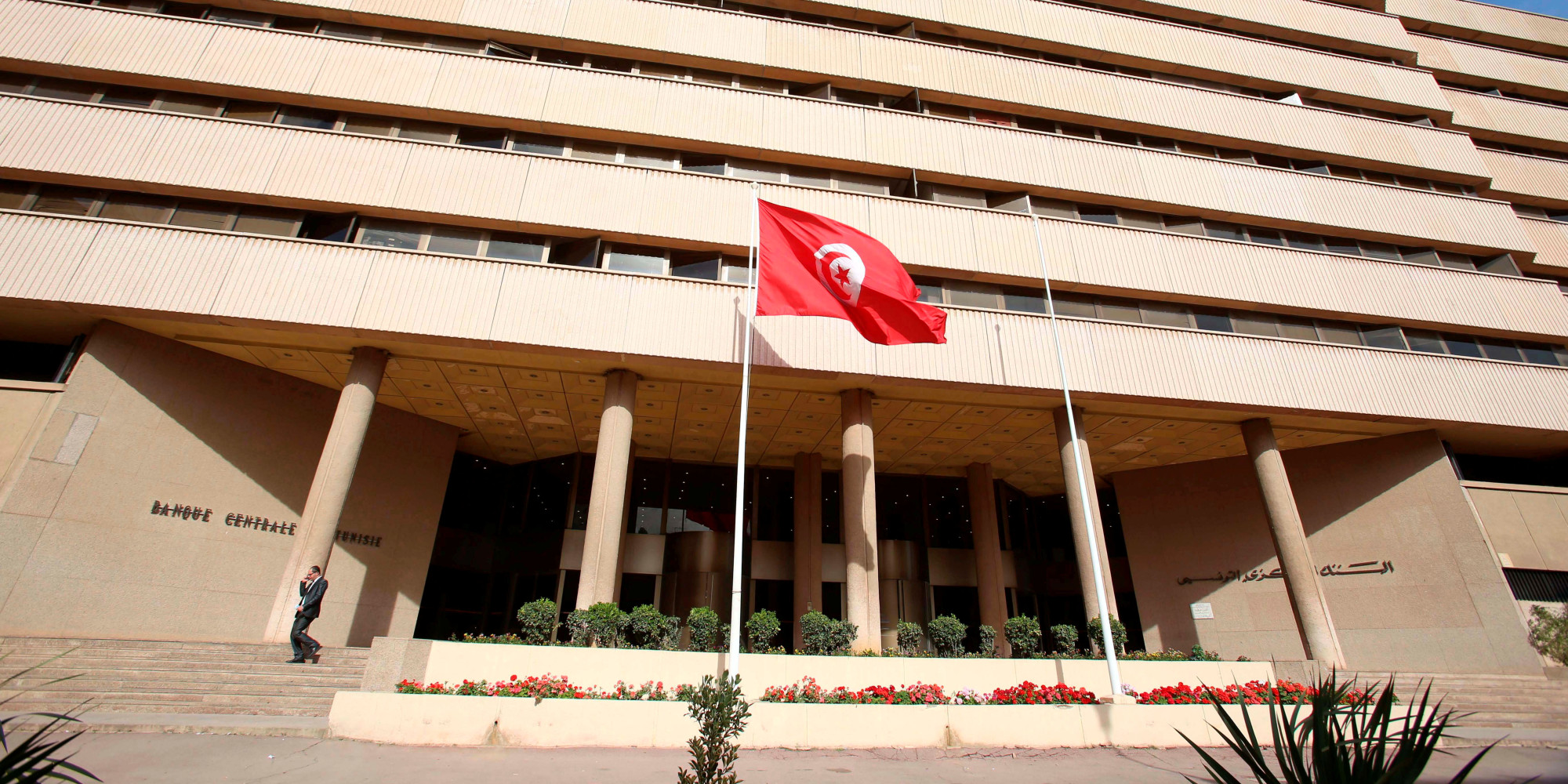“Work, freedom, dignity” was one of the many slogans that Tunisians chanted in 2011 to vent their frustration with the government of president Ben Ali, which they accused of having looted the country for over two decades.
In less than four weeks, Tunisia’s “Jasmine” revolution forced the president to flee, and his regime to tumble.
After the upheaval, Tunisians found their state intact but crippled with debt, and their society – with its rate of youth unemployment hovering at 40% – at the mercy of a wavering economy based on the highly volatile tourist trade.
On May 22, just weeks after Tunisian authorities had frozen the assets of eight businessmen suspected of corruption, the government launched a massive anti-graft operation called Main Propres (Clean Hands).
The initiative was in response to the fragility of the Tunisian economy, where public and private banks make up almost 50% of the country’s financial market capitalisation. This may be one reason why the Central Bank of Tunisia (BCT) is currently considering a raft of bills aimed at freeing up the capital account to stimulate foreign investment and develop investment by residents abroad.
“Why Tunisia’s banks are its main economic weakness ?” You will find the answer reading the complete analysis on The Conversation





